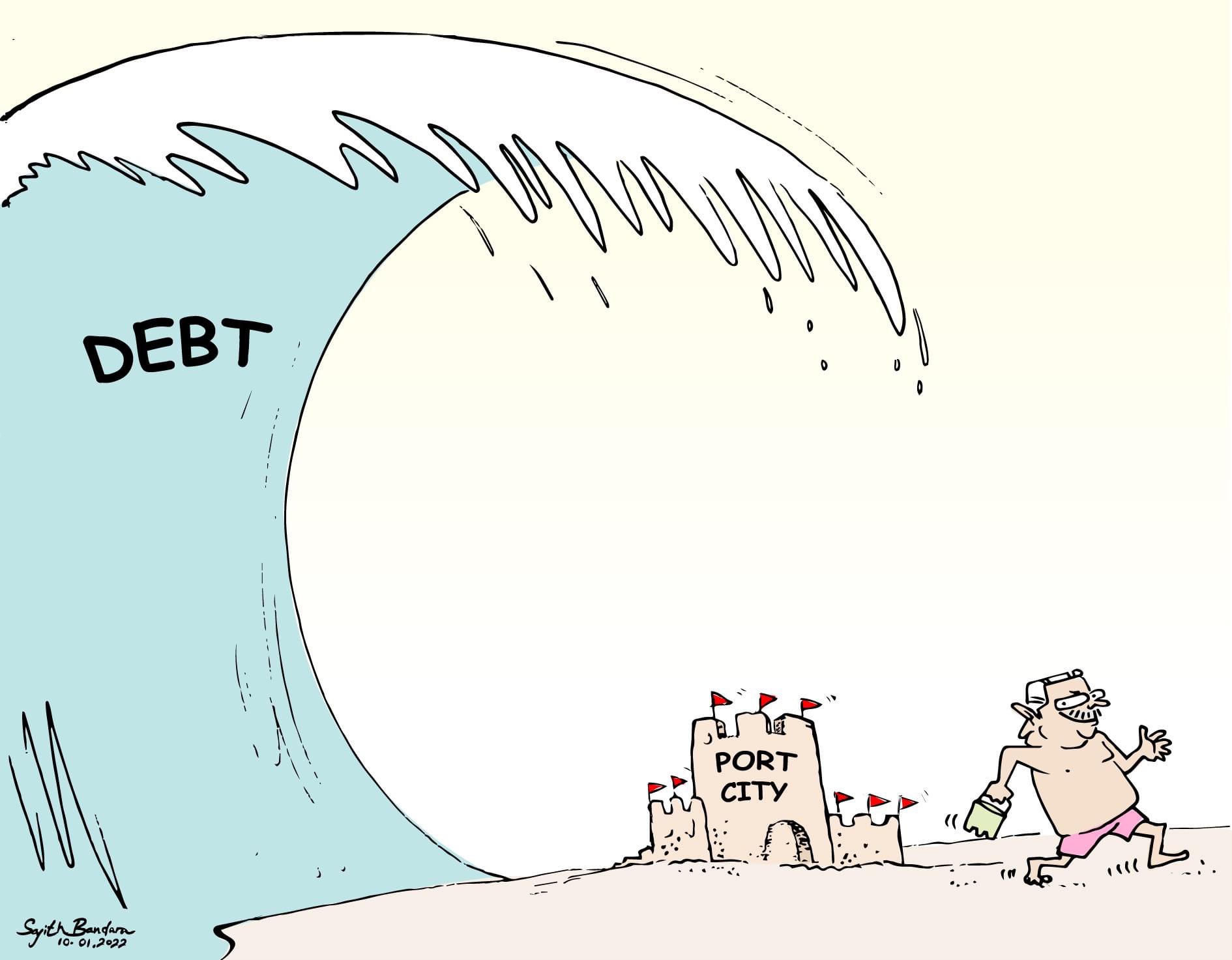The government of Sri Lanka is showing an alarming lack of knowledge over how the international economy works. Which seems fair enough since they’ve recently shown an alarming lack of knowledge of how a domestic economy works too.
For example, they decided that the entire country’s farming sector should go organic. Well, okay, that can be done — but then they were astonished at the idea that there was less food being produced.
They didn’t realise that fertiliser and land are substitutes for each other. For any given amount of food produced, you can use more land and less fertiliser or vice versa. If you use less fertiliser and no more land, then there will be less food.
They’re also complaining about a shortage of foreign exchange — this is not something that can happen. There can be a shortage of foreign exchange at a price, of course, the solution to which is to change the price.
Just to make this obvious, there is no shortage of $10,000 an ounce gold; there’s a vast surplus of it. There’s a desperate shortage of $10 an ounce gold. Which is why the gold price is about $2,000 an ounce.
The same is true of foreign exchange. All that needs to happen to have as much foreign exchange as is desired is to change the number of Sri Lankan rupees they’re willing to pay for it.
Or as we, who have read our economic textbooks, can point out, you can fix the price of something but not the quantity, or the quantity but not the price. If you try to fix both, then you’ll get none at any price.
You can only have a foreign exchange shortage if you’re trying to fix the price of that foreign exchange.
A government that doesn’t know this … well, perhaps we shouldn’t be all that surprised that they’re also having problems with debt. They borrowed more than they can pay back and it’s not hugely difficult to understand why people aren’t willing to lend them even more.
So, we know all of that and the Sri Lankan government seems not to. Which does mean that we are more qualified to run Sri Lanka than that government is, but unfortunately that’s not how international affairs work out. Fun as the concept of Bangladesh acquiring a colony is, they don’t let us do that sort of thing any more.
However, there is something a little more subtle here too. Sri Lanka is complaining about how the bond and debt ratings companies are making things more difficult.
S&P, one of the three major credit rating companies, dropped their estimation to what is effectively junk. It’s a great big red warning sign saying: “Don’t Lend Here.” Or at least that’s the way that the Sri Lankan government is taking it and that’s not really true.
It is true that certain investment funds cannot invest in bonds that are labelled junk. But there are plenty more that can. All this official announcement does is change that technical matter at the margin. There’s still plenty of money out there if the price was right.
For the truth is that the ratings agencies don’t, in fact, determine who will lend at what price. Their ratings are, in fact, a follow-up to who is lending at what price. Those credit raters are followers of the market, not leaders of it.
So, to use this example, people are not going to stop lending to Sri Lanka because S&P has changed the rating. It’s much more true to say that S&P has changed the rating because people will not lend to it.
It’s exactly the worry that people won’t lend more, to pay off the old borrowings, which makes Sri Lanka risky to lend to. S&P is just registering this fact rather than causing it.
The effect of this is important, for it means that it’s not the credit rating agencies that are causing Sri Lanka’s problems. They are noting the problems, yes, perhaps even broadcasting them, but they’re not creating them. The Sri Lankan government is doing that all by itself with its own economic policies.
And let’s be honest about this, complaining about someone else noting your mistakes isn’t very grown up, is it? But that is what the Sri Lankan government is doing.


